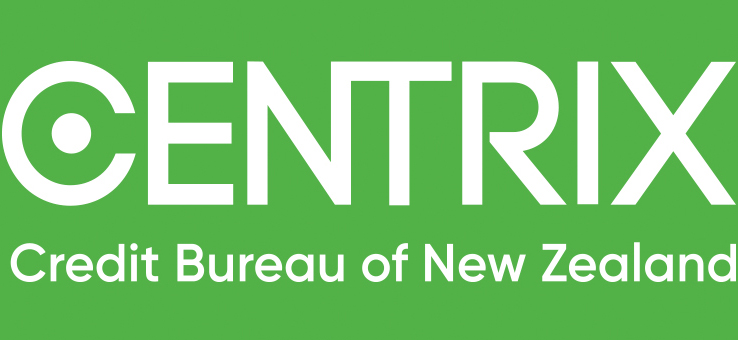National credit limit exceeds $300 billion

Today we released data that reveals the combined borrowing power of Kiwis has topped more than $300 billion for the first time.
Our Managing Director Keith McLaughlin says the total credit limit for New Zealanders is now $306 billion[1], or 94% of the country’s GDP, and three times the net core government debt of $100.4 billion.
“The increase in our credit limit has been driven by renewed consumer confidence and record low interest rates, which has seen increasing numbers of Kiwis become more comfortable with borrowing,” says McLaughlin.
“Over the past year we have also seen a surging property market, which has accelerated mortgage lending as increasing numbers of New Zealanders take on larger mortgages to purchase a home.
“As a result, New Zealand’s consumer credit limit increased $28 billion in the last year, compared to more moderate growth of $16 billion in 2019 and $20 billion in 2020.”
Mortgages make up 89.2%, or $273 billion, of the country’s credit limit, followed by credit cards at 6.8% ($21 billion) and personal loans at 3.3% ($10 billion).
The remaining 0.7% ($2 billion) includes other forms of credit such as Buy Now, Pay Later, instore credit and vehicle financing.
McLaughlin says our combined credit limit equates to $59,808 for every man, woman, and child in New Zealand.
“Of course, larger credit limits are skewed towards those who are most likely to be in work and have a mortgage. It is no surprise New Zealanders between 30- and 65-years have the highest collective credit limit of $261 billion” says McLaughlin.
“This compares to a combined credit limit of $21 billion for Kiwis aged between 18 and 29, while New Zealanders over-65 have a collective credit limit of $24 billion.”
McLaughlin says the growing credit limit is another sign of economic confidence as the country emerges strongly from the pandemic.
“Credit is a leading economic indicator. We know that people are more likely to borrow when they feel good about their economic future and are confident about their ability to meet future repayment obligations,” explains McLaughlin.
“When people are less confident, they tend to avoid borrowing and pay down the debt they do have. The growth in our shared credit limit, therefore, paints a picture of a strong economic rebound driven by consumer spending and confidence.”
McLaughlin does, however, warn consumers to be mindful of the risk of rising interest rates when borrowing.
“Central banks have pumped money into the global economy as part of the response to Covid-19 and this has resulted in very low interest rates, but it is also starting to cause inflationary pressure,” says McLaughlin.
“Low interest rates will not be around forever and at some point, the Reserve Bank will move to increase rates. This could place pressure on those consumers who are highly indebted, although responsible lenders do factor the likelihood of higher interest rates into their lending decision.
“Before taking on any debt, it is important that consumers factor in the increased cost of serving this debt as a result of rising interest rates and only take on extra debt if they are confident that they can meet future repayment obligations.
“Missing repayments can have an impact on your future ability to borrow money or open a new credit account because it negatively impacts your credit score. Your credit score is an important factor in whether companies will be willing to lend you money.
“If consumers find themselves under financial pressure, it is important that they talk to their lender early. Most companies are understanding and will work with you to find a solution.
“This is always better than missing a payment, which can have longer term financial consequences.”
If you want to talk about our data, or any of the above, don’t hesitate to get in touch, we’re here to help. Call us on 0800 236 874.
For more frequent updates and insights follow us on LinkedIn.
————————————————-
[1] Face value of all loans on the Centrix database, not necessarily the balance owing
